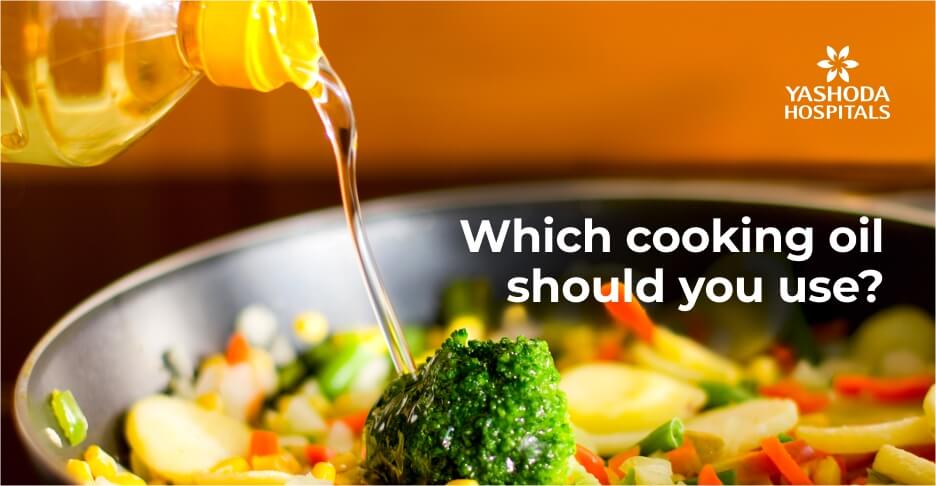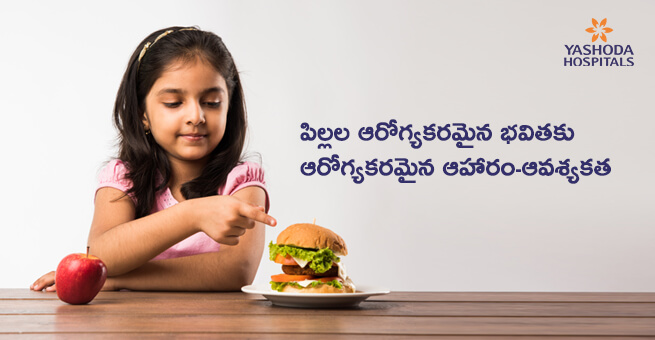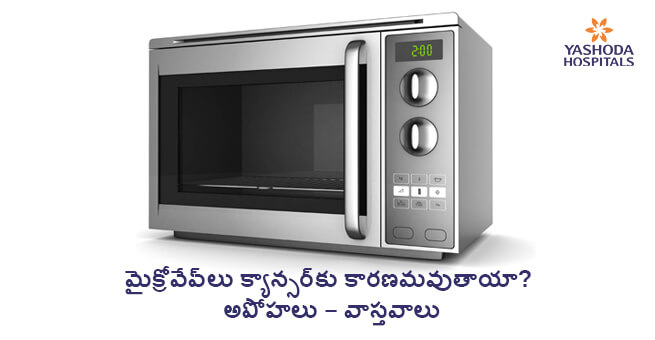Which cooking oil should you use?

At a Glance:
1. How to choose the best cooking oil?
2. What is the smoke point of oil?
3. 8 Tips for consuming cooking oils healthily
Supermarkets today, are flooded with a variety of cooking oils. All oils have different characteristics, such as nutritional properties, smoking point, and culinary uses. Based on these factors, oils are marketed also as healthy, and we are encouraged to use them more.
But is there such a thing as the healthiest cooking oil?
If you are searching for the best cooking oil for weight loss, please note that all oils are fats. Thus, they are naturally dense in calories. While framing your diet, it is essential to consider how much oil you want to have and use it wisely while cooking. Traditional Indian cooking that involves frequent frying will use more oil and add on to your calorie intake.
How to choose the best oil for cooking?
All oils have a distributed amount of fats present in the form of monounsaturated fats, polyunsaturated fats, and saturated fats. While the former two are healthier, our body requires a healthy balance of all three.
Thus, you should keep alternating or rotating oils. Doing so ensures that the body receives all the essential fatty acids. Sunflower oil, canola oil, coconut oil, peanut oil, etc. are oils which have higher amounts of monounsaturated and polyunsaturated fats. They are one of the best cooking oils for heart. Often, blends of these oils are also sold as vegetable oil or cooking sprays, which is a healthy option.
What is the smoke point of oil?
The smoke point is also referred to as the burning point. It is the temperature at which the oil starts to produce visible smoke. While selecting the best oil for cooking, keep in mind to choose one that is stable at high temperatures and that does not oxidize easily. The more refined the oil, the higher is the smoking point.
8 Tips for consuming cooking oils healthily
- Use the adequate amount of fat (oil) possible to prepare your foods.
- Ensure that there is no visible smoke while frying.
- Don’t reuse or reheat your cooking oil.
- Use suitable oils as per the dish that you are cooking.
- Since extra virgin olive oil has a lower smoking point, it is best used for mild cooking or in salad dressings.
- Store your cooking oils in dark, cool places to keep them fresh longer.
- Avoid stocking oils for longer periods.
- If your oil smells different or bad, avoid using it.
Consult your physician regarding your medical and dietary needs. The guidance provided will help you to choose an oil or a variety of oils that will be the best for you.
References:
- Tumbi, Zubeda. “Which cooking oil should you be using?”. Lybrate, www.lybrate.com/topic/which-cooking-oil-should-you-be-using/0ba6ba2a180d930086ff56f0281bb69c. Accessed 1 January 2019.
- “Healthy Cooking Oils”. American Heart Organization, https://www.heart.org/en/healthy-living/healthy-eating/eat-smart/fats/healthy-cooking-oils. Accessed 1 January 2019.
- “7 Things you should know about cooking with oil”. Health Essentials, Cleveland Clinic, 3 June 2014. health.clevelandclinic.org/7-things-you-should-know-about-cooking-with-oils/. Accessed 1 January 2019.
- “Heart-healthy cooking: Oils 101”. Health Essentials, Cleveland Clinic, 1 October 2014, health.clevelandclinic.org/heart-healthy-cooking-oils-101/. Accessed 1 January 2019.
- Henderson, Lily. “Choosing cooking oils”. Heart Foundation, 24 October 2018, www.heartfoundation.org.nz/about-us/news/blogs/choosing-cooking-oils. Accessed 1 January 2019.
- Beck, Leslie. “‘Smoke point’ matters when cooking with oil”. The Globe and Mail, 28 September 2015, www.theglobeandmail.com/life/health-and-fitness/health/smoke-point-matters-in-cooking-with-oil/article26569060/. Accessed 1 January 2019.
























